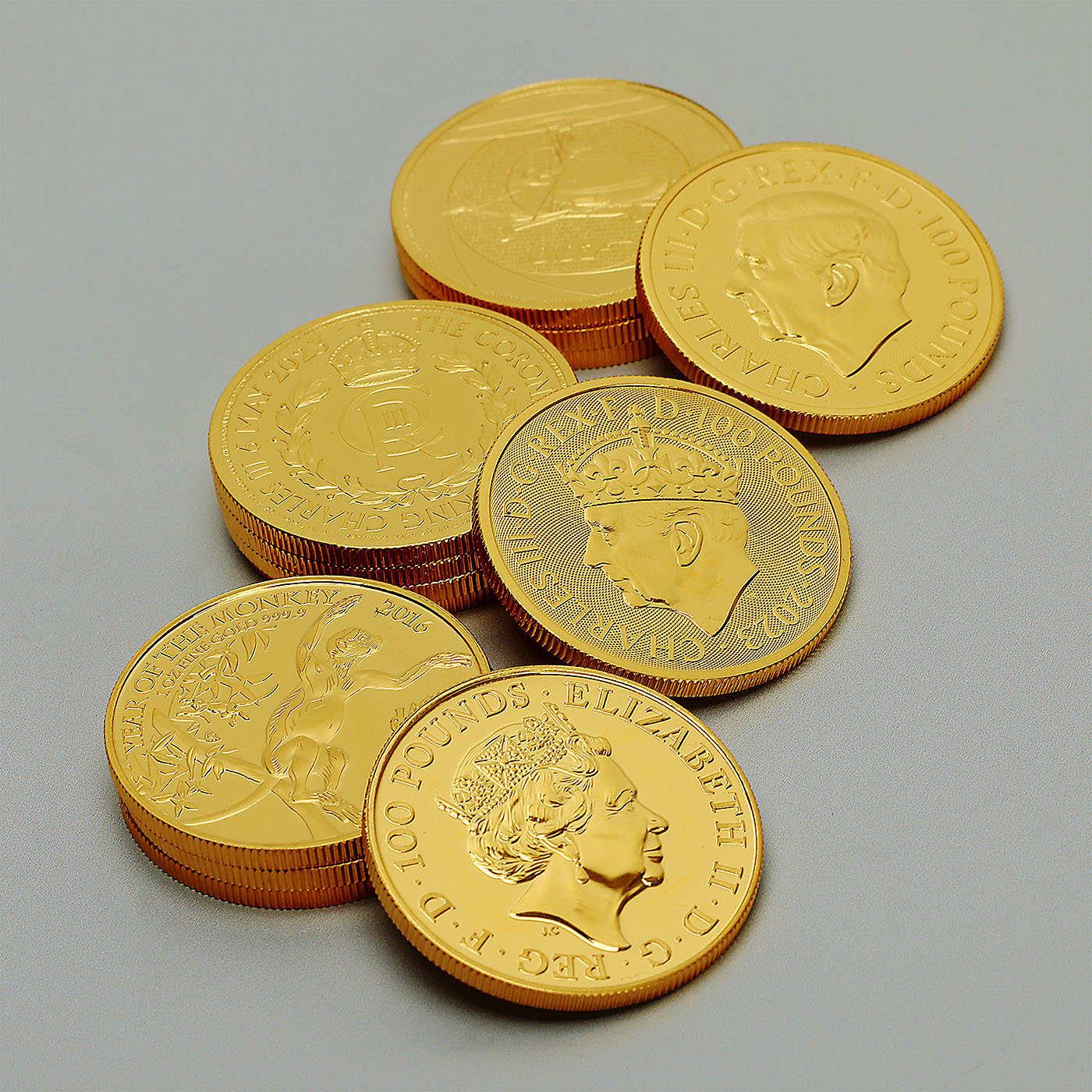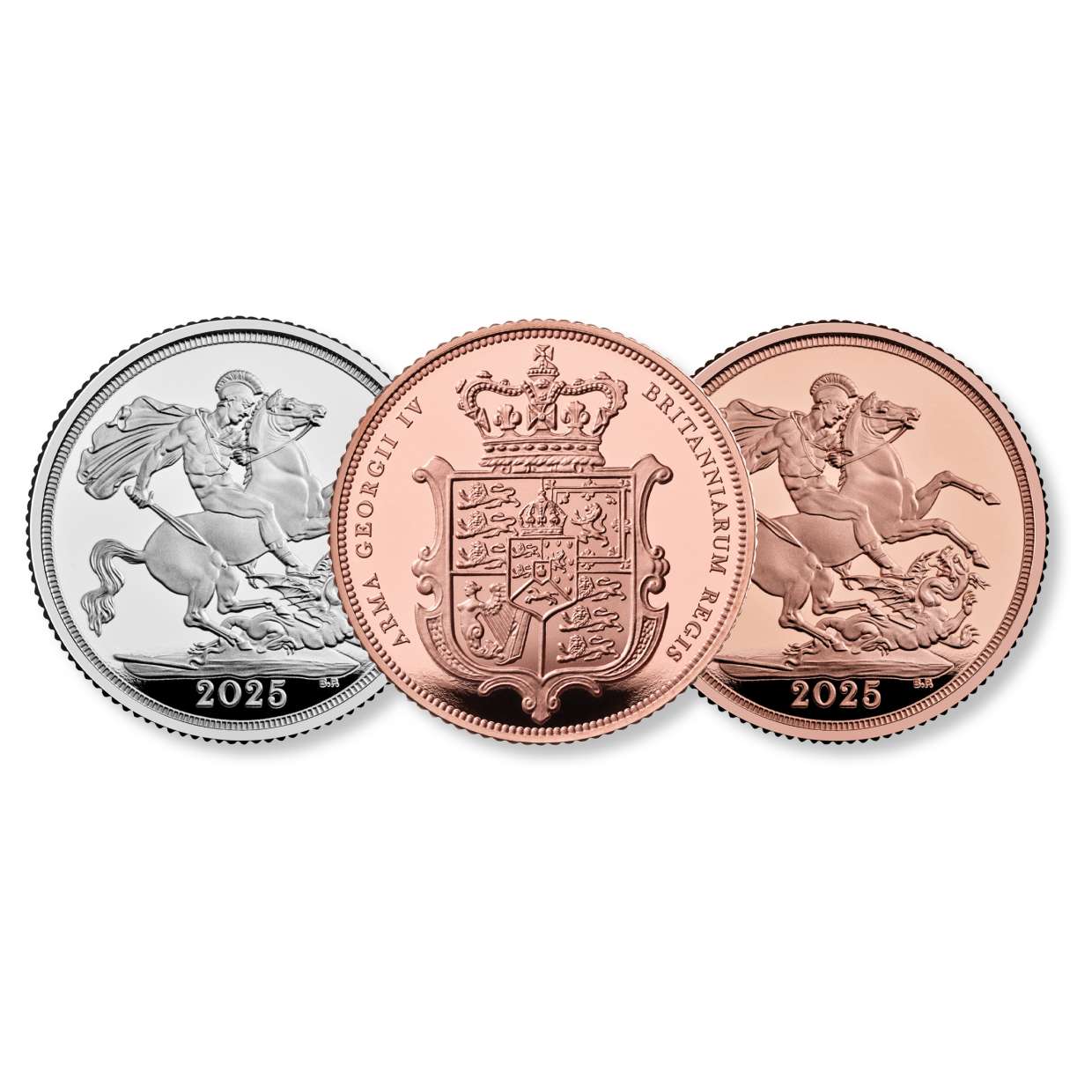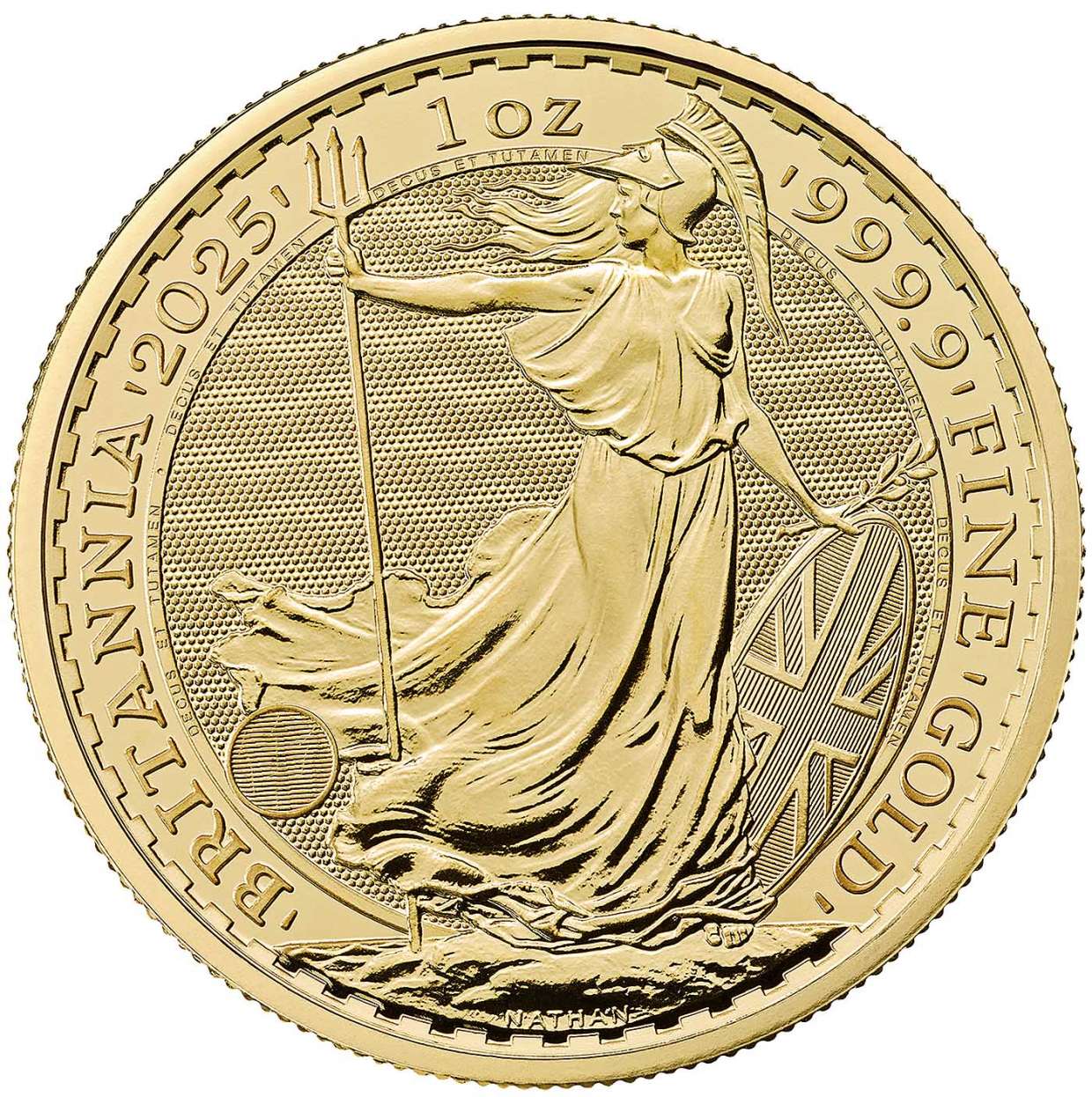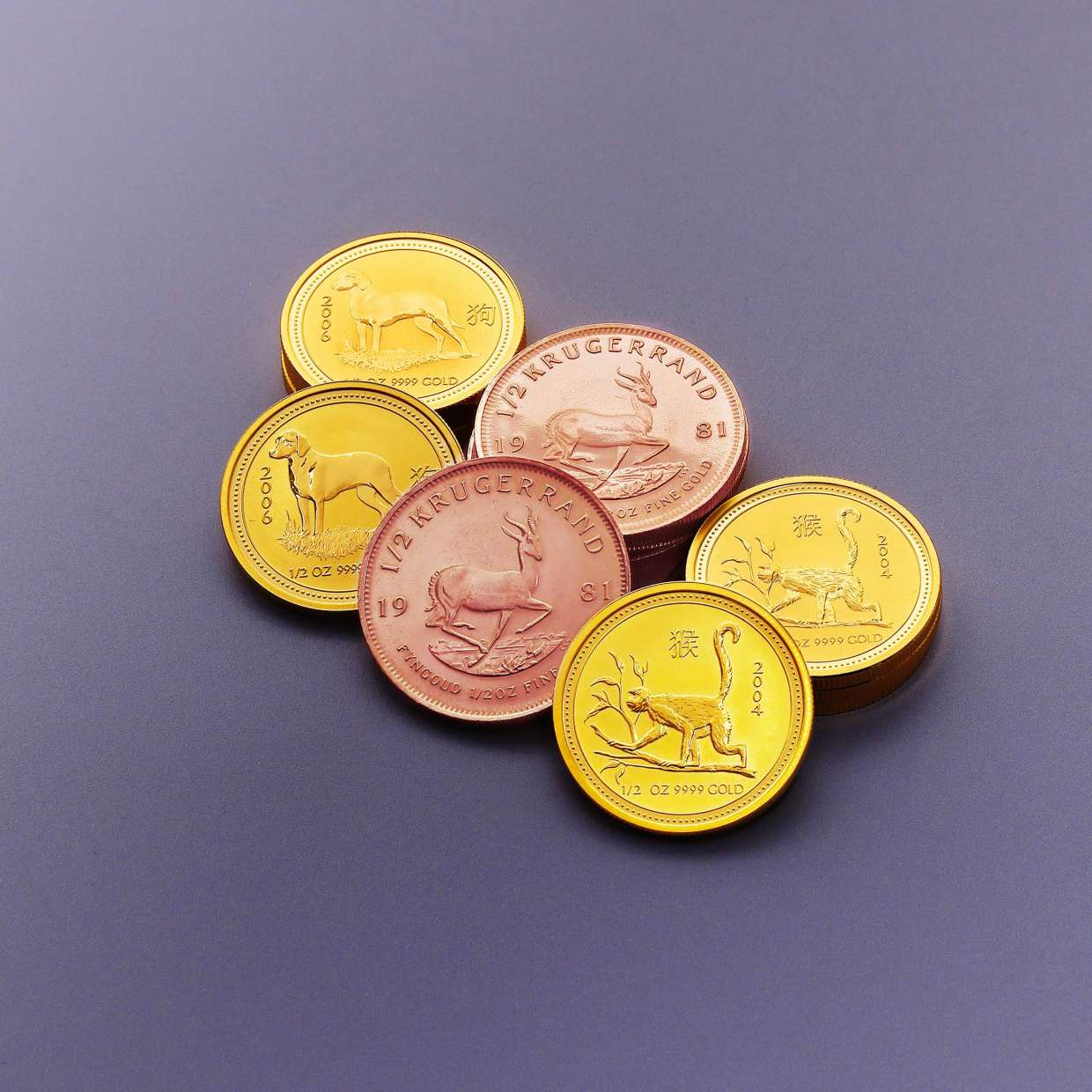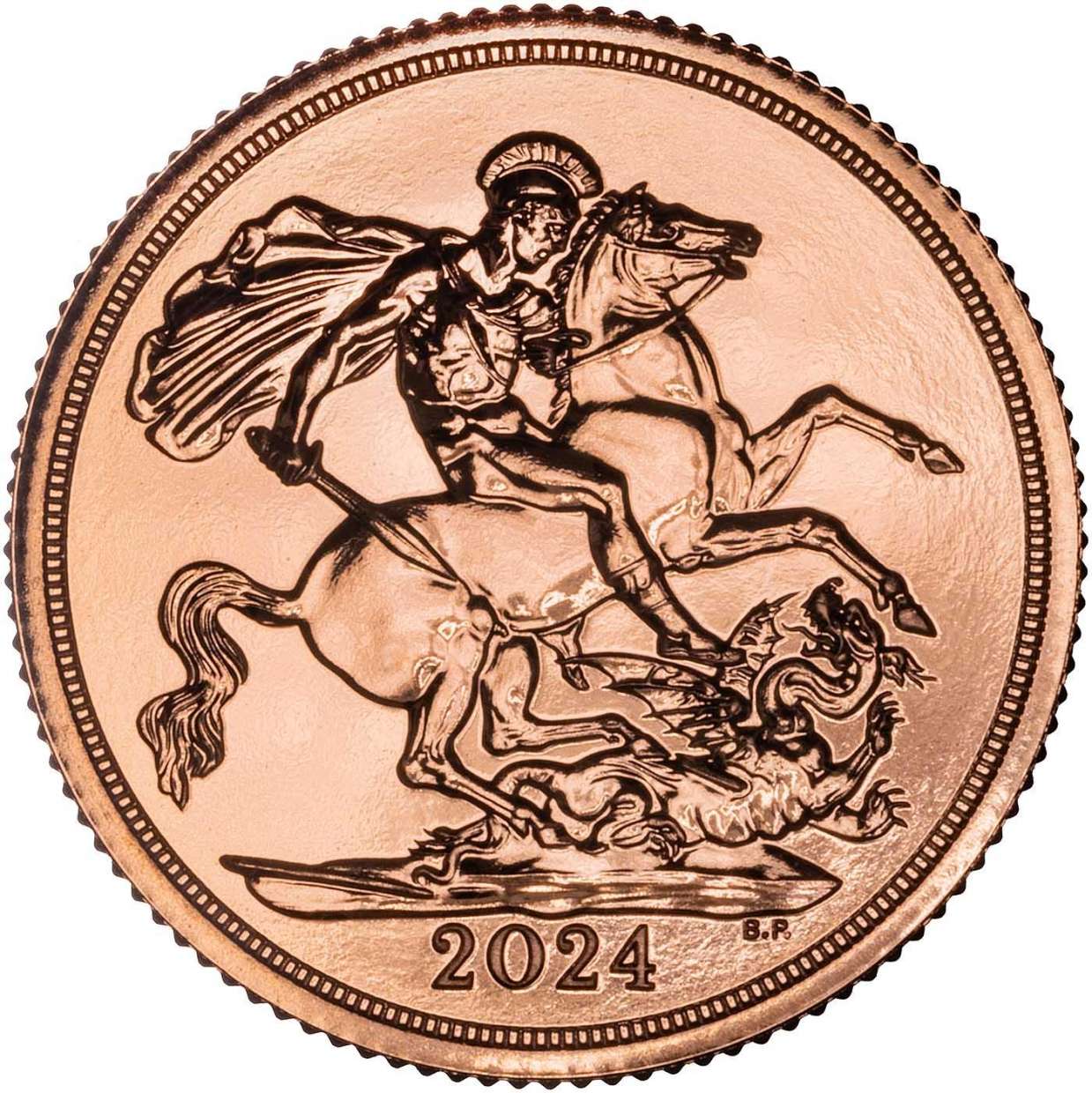The Importance of Provenance in Coin Collecting!
Synopsis
In our experience, provenance is one of the most important factors when it comes to buying and selling coins. A well-documented history of your collectible coins and collections can significantly boost their value when you sell them at auctions or to other potential buyers.
In this blog article, we’re going to share why provenance is so crucial, how it can enhance the value of your collection, and some practical tips to help you get the most out of your investments. Whether you’re a seasoned collector or a beginner investor in precious metals, understanding provenance is essential for building and protecting a valuable collection

What is Provenance?
Before we explain what provenance means, it’s important to look at the history of the term itself. Spoiler alert: if you already know what provenance is, you might find it ironic that we’re discussing the history of provenance in this first sentence!
The word 'provenance' is a late eighteenth-century term that comes from the French language, based on the verb 'provenir,' which means 'to come from' or 'to originate from.' The French word is actually of Latin origin, where 'pro' means 'forth' or 'forward,' and 'venire' means 'to come.' When these two Latin words are combined, they form the concept of 'provenance. Now to understand what provenance means, it's important to first establish what are the various definitions of the phrase.
Wikipedia
Provenance (from French provenir 'to come from/forth') is the chronology of the ownership, custody or location of a historical object. (source)
Cambridge Dictionary
The place of origin of something: (source)
The Chards Definition of Provenance
Short Answer: Provenance means the place where something originated or came from.
Long Answer: Provenance refers to the documented history of an item, tracing its origins, ownership, and any significant events it has undergone throughout its existence. In regards to coin collecting, provenance refers to where a coin came from, who owned it in the past, and how it changed hands over time, possibly sold as part of collections.
Importance of Provenance
The importance of provenance is significant across various industries, including art, antique collecting, and coin collecting. In each of these fields, when provenance is properly documented, items can increase in value, depending on factors such as their origin and previous ownership.
Now imagine a world without provenance. In a world without provenance, we'd have counterfeit art, mystery meat for dinner, and everyone claiming they're the rightful heir to ancient treasures. Chaos with a side of identity theft!
Provenance in Art
Perhaps when most think of the word provenance they think of the provenance of artwork pieces. Common questions that could be asked by art collectors looking to purchase paintings when conducting provenance are:
Q1) Is the work authentic, or could it be a forgery?
Q2) Who bought it?
Q3) Who's collection is it in?
Q4) Who originally owned it, and what documents trace its history?
Therefore, it's crucial for all new and current artists to begin documenting the ownership of each piece they create as soon as possible. Establishing and maintaining provenance involves tracking the history of the work from its creation onward. This documentation should include information on when and where the piece was created, as well as every subsequent sale or transfer.
When artwork is sold, it's important that inspiring artists record all details, including the buyer's name and any collections the piece becomes part of. Who knows, you might paint the next best-selling masterpiece like the Mona Lisa II, but without provenance, how would others remember you as the greatest artist since Leonardo da Vinci?
Provenance in Coin Collecting
Surprisingly provenance is not all that different in coin collecting! While provenance is often associated with ancient or numismatic coins, it is equally important for modern coins. limited edition coins, commemorative issues, and special releases can all benefit from having a well-documented provenance.
Steps for Documenting Coin Provenance
Here are some recommendations to ensure that your collection is well documented, with provenance properly established, thereby enhancing the overall value of your coin collection.
Purchase Documentation: Keep detailed records of where and when a coin was purchased.
Photographic Records: Take high-quality photographs of coins at the time of purchase to document their condition.
Dealer Authentication: Where possible, obtain and keep dealer-authenticated certificates.
Chain of Ownership: Record any changes in ownership, particularly if the coin is resold.
Provenance in Online Purchases of Precious Metals
In today's digital age, many collectors and investors look for the cheapest prices which we strive for at Chards Coin and Bullion Dealer on a wide range of our products. We do recommend that you shop around though and inform us of other dealers or sellers that are cheaper than us.
It's important to note that if you find, for example, gold Britannias or gold sovereigns selling well below the spot price of gold on websites like eBay or other consumer-to-consumer marketplaces, it’s likely fake or potentially stolen, with thieves looking for a quick sale. Now that you’re informed about provenance, it’s probably not worth the risk of purchasing from unreputable websites when investing in precious metals. Owning stolen coins might sound adventurous if you were a pirate in the 15th or 16th century, but in today’s world, it’s far from ideal!
Tips for Online Purchases
Here are a handful of helpful tips that you should consider before purchasing precious metals online.
Verify Seller Reputation: Check seller reviews, ratings, and history before purchasing.
Request Documentation: Ask the seller for any available provenance documentation before completing the purchase.
Avoid Red Flags: Be cautious of sellers who cannot provide provenance information or offer prices that seem too good to be true.
Use Reputable Platforms: Where possible, purchase from reputable coin dealers and mints that provide guarantees of authenticity.
Impact of Provenance on Coin Value
A well-documented provenance doesn’t just enhance the value of a coin at the time of purchase—it also significantly impacts its resale value. When it comes time to sell your collection, coins with strong provenance are more likely to attract serious buyers and fetch higher prices.
For example, coins that can be traced back to famous collections or have been featured in significant exhibitions often command higher prices at auction. This is because buyers trust the coin’s authenticity and value the historical context that comes with it.
Related Articles
This guide and its content is copyright of Chard (1964) Ltd - © Chard (1964) Ltd 2025. All rights reserved. Any redistribution or reproduction of part or all of the contents in any form is prohibited.
We are not financial advisers and we would always recommend that you consult with one prior to making any investment decision.
You can read more about copyright or our advice disclaimer on these links.















